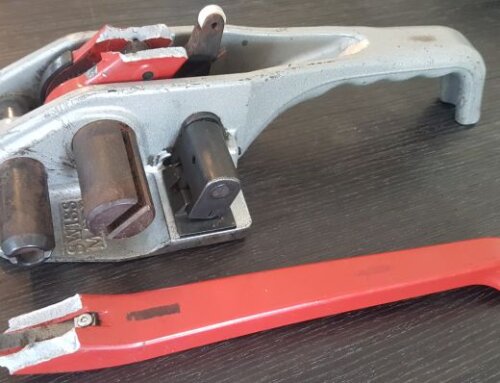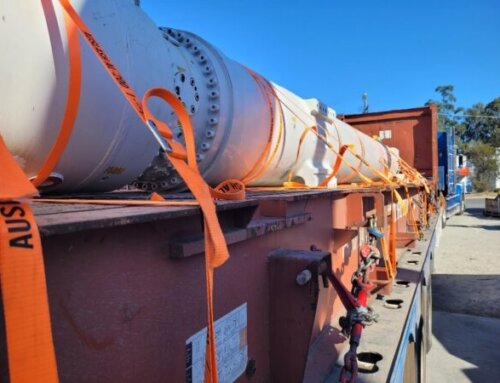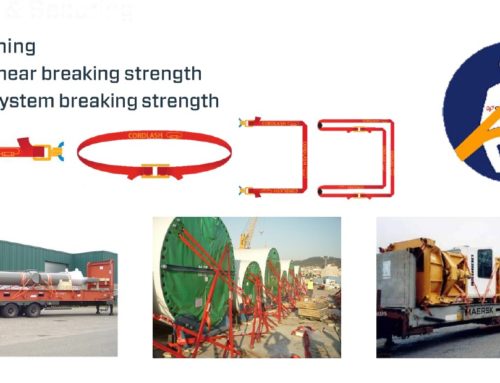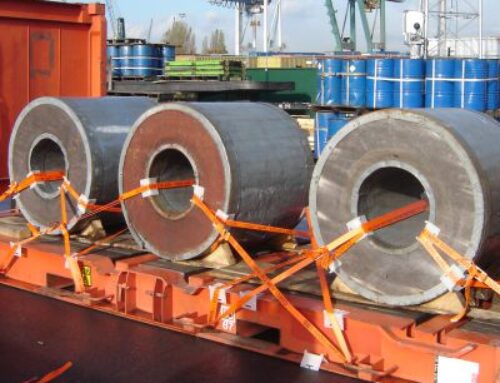MAERSK Pilot Spot Checking Cargo Securing in Shipping Containers
How you can avoid unnecessary delays and cost
Is the announced increase in cargo container checks by Maersk a threat to your business?
Just recently, Maersk announced that they are starting a pilot, by performing spot checks on shipping containers (CTU’S). These checks will involve physical inspections at a number of ports.
In their announcement, Maersk stated that “By performing these container inspections, we hope to remove some of the risk from mis-declared or incorrectly stuffed containers for all parties involved in handling and transporting cargo, as well as work towards an overall industry improvement of safety and reliability in the containerized maritime supply chain”.
Maersk hopes the data collected will help develop procedures ensuring the accuracy of cargo descriptions and improving the use of the Code of Practice for Packing of Cargo Transport Units (CTU Code).
65% of containerization incidents can be traced back to poor packaging and securing which pose a real risk of harm to cargo, handling personnel and the environment. Consequently, incorrect securing of cargos is high on Maersk’s watch list and they have stated that shipments that have not been correctly secured will be subject to corrective action at the expense of the shipper or consignee. That expense is not the only threat to your business. Waiting to be re-worked to comply with the CTU Code, will delay cargos, further adding to your costs and potentially impacting on your reputation and customer relationships.
News of these inspections has been welcomed by insurers who are urging other shipping companies to follow Maersk’s lead. Peregrine Storrs-Fox, Risk Management Director of leading shipping insurers, TT Club, has said that they are lobbying at the International Maritime Organization (IMO) to step up inspections. Despite these being a requirement of IMO legislation, currently, only 6 governments are fulfilling their obligations. Mr. Storr Fox stated, “we believe, if commercial entities were allowed to conduct these inspections, it would prove more effective.”
These developments reinforce the importance of working with an expert cargo protection partner. One who can offer specialist advice and training to ensure that the cargo protection techniques deployed throughout your supply chain comply with the CTU Code.
Cordstrap are the world’s leading cargo protection specialists and the only company with a truly global support network. Cargo Restraint Systems is Cordstrap’s exclusive partner in Australia and can assist you in Australia. Our team has 20+ years Cordstrap experience working with customers in the USA, Europe, Asia and Pacific.
Cordstrap’s innovative and efficient cargo protection solutions are backed by certification from all major regulatory bodies including Germanischer Lloyd, the IMO and Mariterm AB. Cordstrap’s systems have also been fully approved by the American Association of Railroads, which is especially reassuring when you learn that shipments will be getting random inspections on arrival at US ports as well as at departure points.
Damage in the supply chain is often due to poor practice in the overall packing process as well as incorrect load distribution and inadequate cargo securing. By standardizing and improving cargo protection methods, we will ensure best practice and improve workflows throughout your logistics chain and our experts can give comprehensive advice on CTU code compliant solutions for all of your shipments.
To find out more about how we can help your organization avoid risks associated with new, more vigilant, inspection regimes and streamline operations throughout your intermodal supply chain, talk to one of our experts today.






